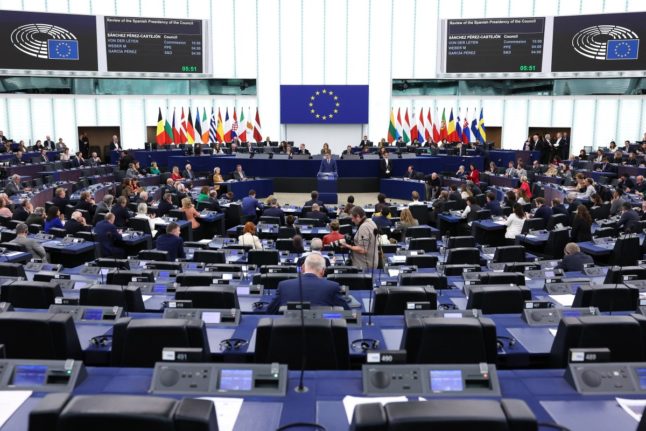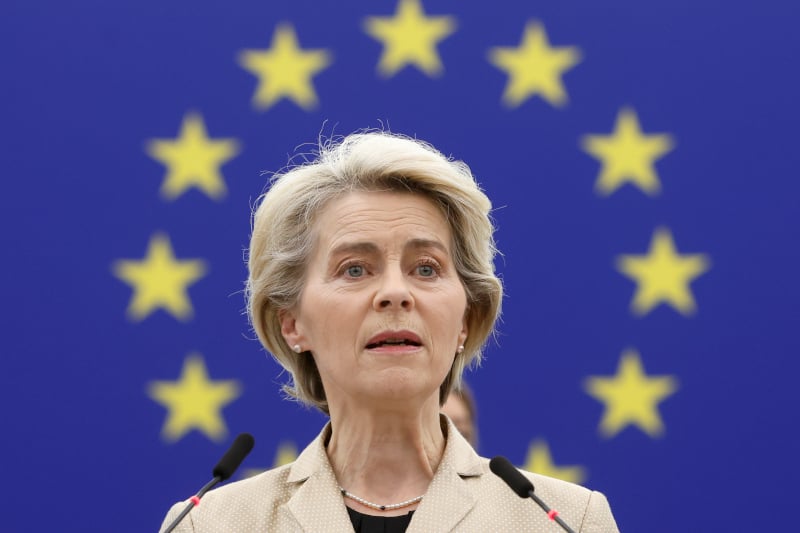The expansion of the European Union eastwards ten years ago was a “godsend” and has created one million jobs in Germany, the head of the Association of German Chambers of Commerce and Industry (DIHK) said on Wednesday.
In 2004, ten countries joined the EU including seven from the former communist Eastern bloc and DIHK president Eric Schweitzer said the expansion had “created or secured” one million German jobs.
German companies have invested more than €73 billion in the new EU countries in the last ten years, Schweitzer added, describing the enlargement as a "historical godsend".
Eastern European countries’ membership of the EU has proved unpopular in some quarters as it has led to large scale immigration.
But making his views clear less than a month before European parliament elections in which anti-immigration and anti-EU parties are expected to do well, Schweitzer said the enlargement had brought political stability and economic growth to Europe.
. 
Germany has imported goods and services worth almost €110 million from the EU's eastern members, Schweitzer said in a statement.
His comments came as official figures showed the German unemployment rate fell 0.3 percent in April to 6.8 percent.





 Please whitelist us to continue reading.
Please whitelist us to continue reading.
Member comments